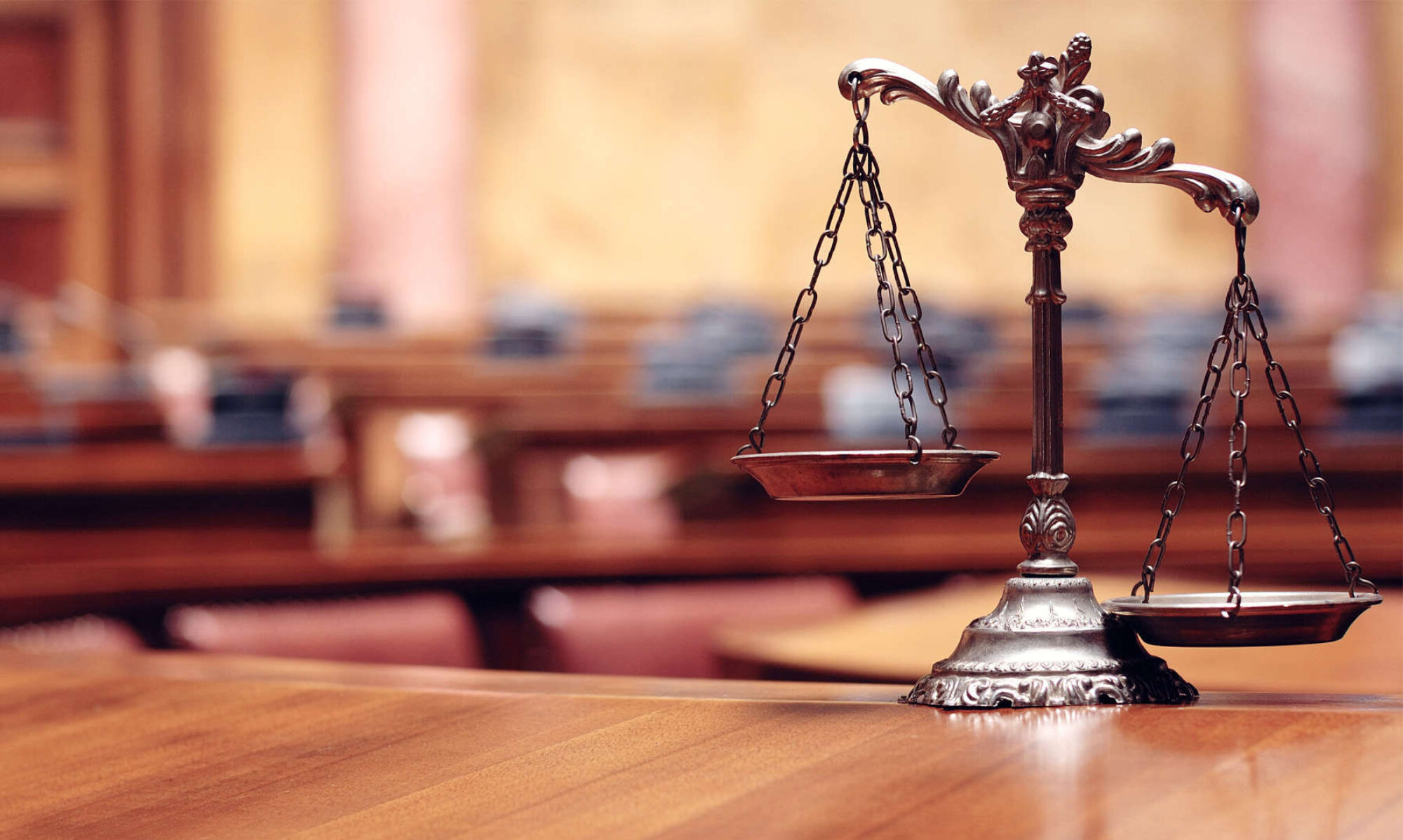The word “man” denotes a male human being of any age; the word “woman” denotes a female human being of any age.
Section11 – Person.
The word “person” includes any Company or Association or body of persons, whether incorporated or not.
Section12 – Public.
The word “public” includes any class of the public or any community.
Section13 – Queen
[Definition of “Queen”.] Omitted by the A. O. 1950.
Section14 – Servant of Government.
The words “servant of Government” denote any officer or servant servant continued, appointed or employed in India by or under the authority of Government.
Section15 – British India
[Definition of “British India”.] Rep. by the A. O. 1937.
Section16 – Government of India
[Definition of “Government of India”.] Rep., ibid.
Section17 – Government.
The word “Government” denotes the Central Government or the Government of a State.
Section18 – India.
“India” means the territory of India excluding the State of Jammu and Kashmir.
Section19 – Judge.
The word “Judge” denotes not only every person who is officially designated as a Judge, but also every person. who is empowered by law to give, in any legal proceeding, civil or criminal, a definitive judgment, or a judgment which, if not appealed against, would be definitive, or a judgment which, if confirmed by some other authority, would be definitive, or
who is one of a body or persons, which body of persons is empowered by law to give such a judgment.
Illustrations
(a) A Collector exercising jurisdiction in a suit under Act 10 of 1859, is a Judge.
(b) A Magistrate exercising jurisdiction in respect of a charge on which he has power to sentence to fine or imprisonment, with or without appear, is a Judge.
(c) A member of a panchayat which has power, under 4Regulation VII, 1816, of the Madras Code, to try and determine suits, suits, is a Judge.
(d) A Magistrate exercising jurisdiction in respect of a charge on which he has power only to commit for trial to another Court, is not a Judge.

